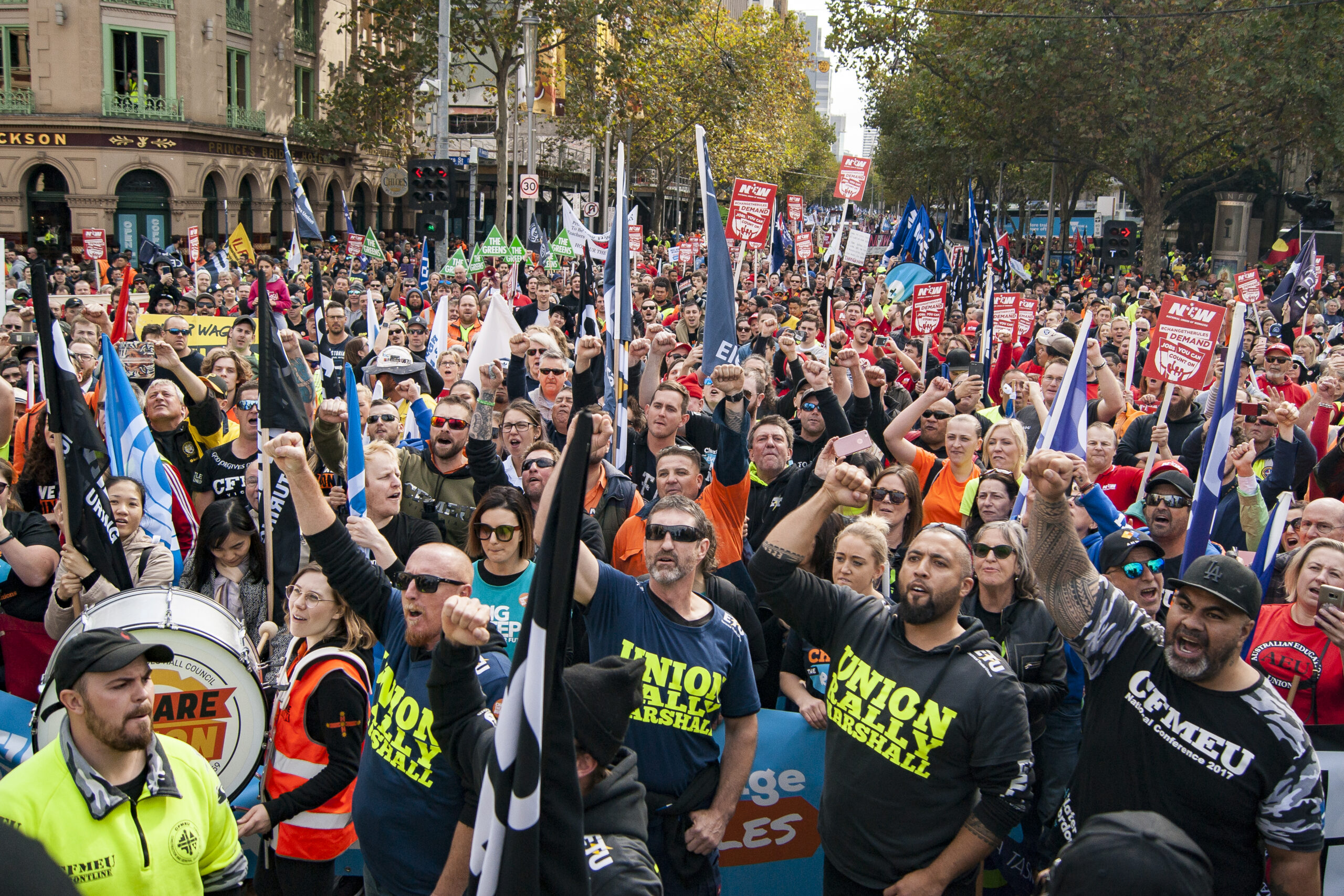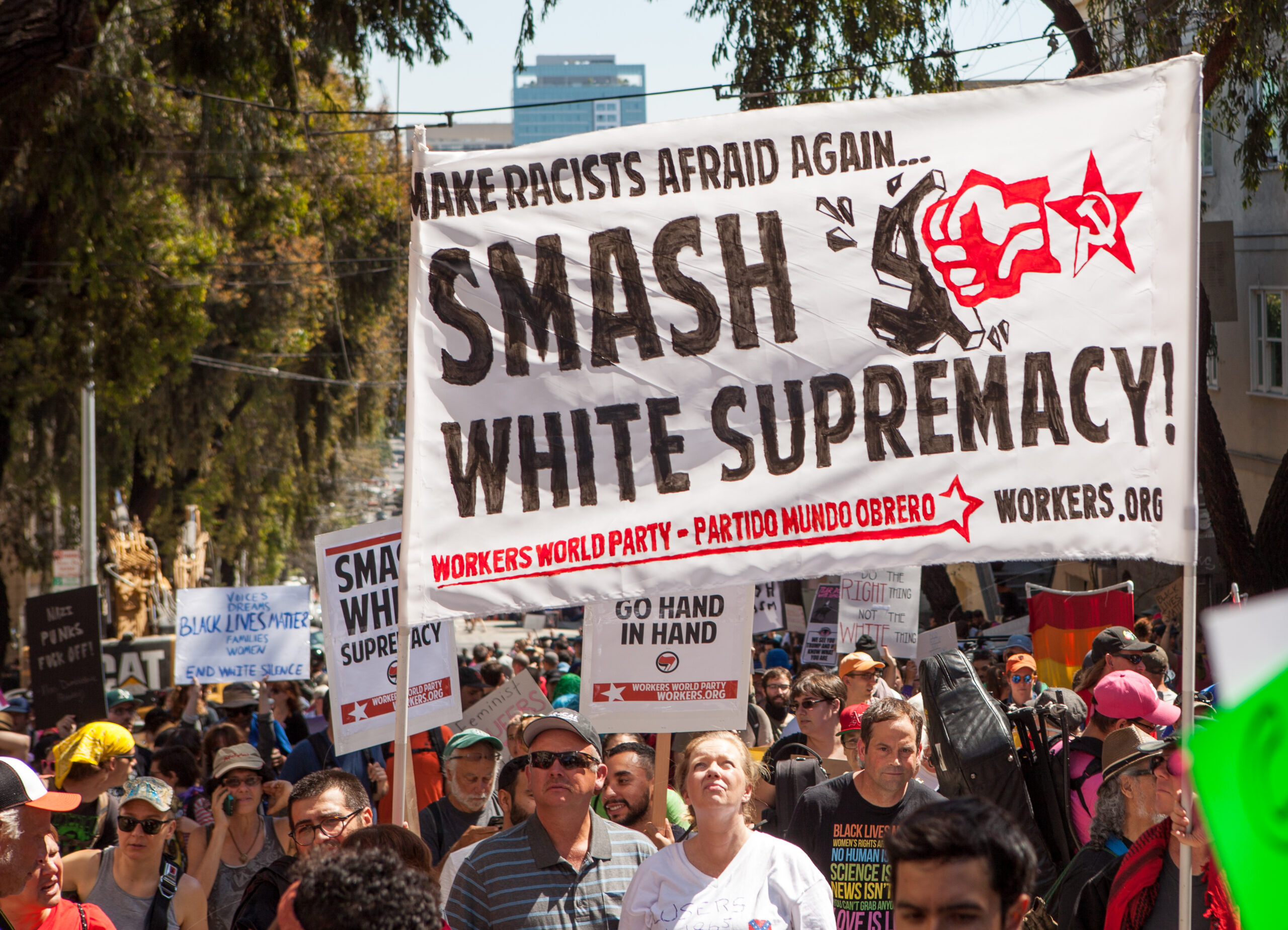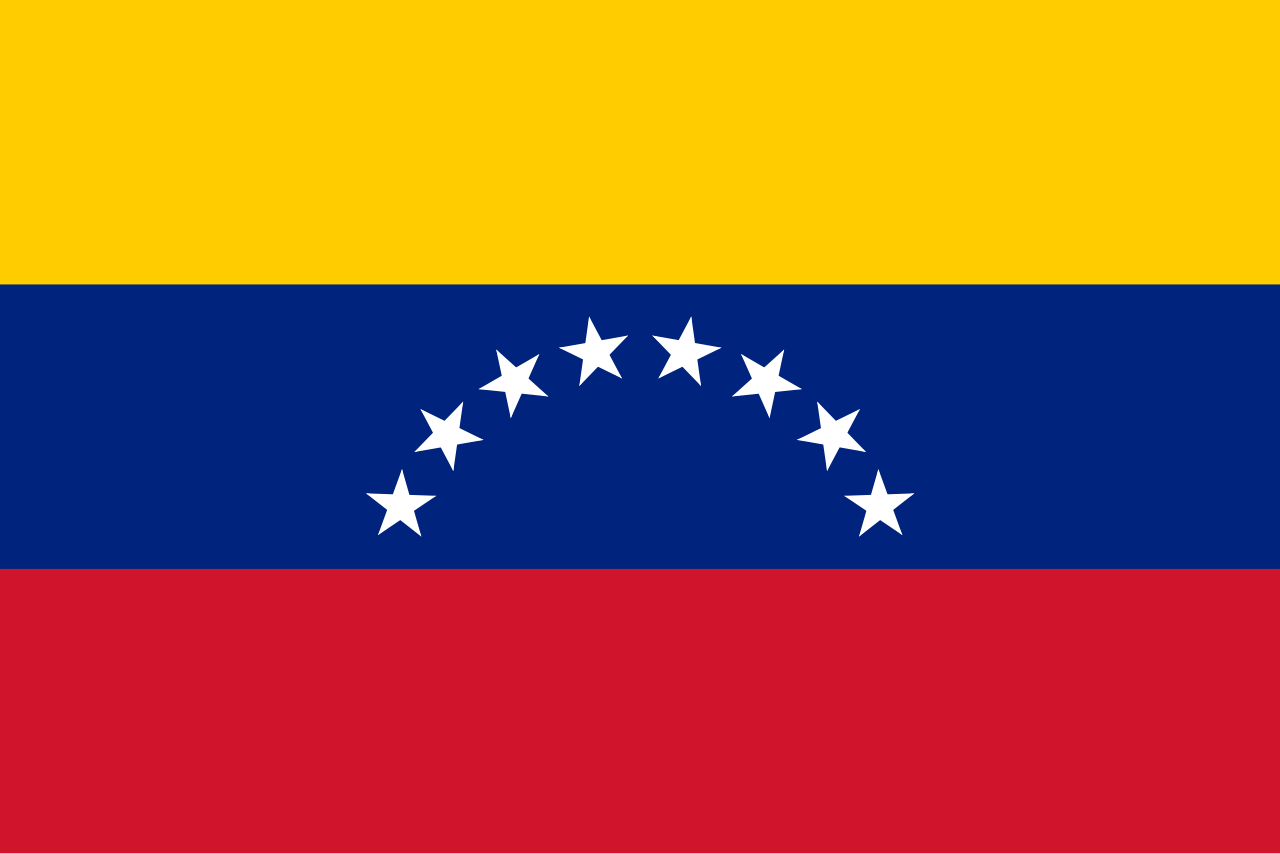Revolutionary movements invariably produce great leaders. The name Hugo Chavez stands among these.
Judging the role individuals play in historic processes is a precarious affair. But having some estimation is important to understanding the challenges that may await. The US Marxist, George Novack, observed that the “leadership, collective and individual, embodies the conscious element in history”. In other words, revolutionaries all make some difference. As for the influence of an individual, Novack suggested, it can “range from negligibility to totality”.
Chavez certainly played an important and often times critical role. He helped form a movement which managed to maintain and revive revolutionary traditions, under the banner of Bolivarianism, which were otherwise in retreat.
In December 1982 Chavez, along with 3 other military officers, formed the MBR-200. They took an oath that set them on a course to revolution. Like all revolutionaries whose names are written in history, Chavez was made in the course of struggle. Stubbornly loyal to a revolutionary morality influenced by liberation theology; fiercely combative in the mould of the Guerreros who fought Spanish colonialism and American imperialism; and increasingly embracive of the intellectual traditions of Marxism in Latin America. This was Hugo Chavez.
Chavez made his mark because he stood firm when many were buckling at the knees. The year the Berlin Wall fell, after the defeat of the Nicaraguan revolution and the end of a cycle of anti-dictatorship and revolutionary struggle throughout Latin America, many revolutionaries looked bleakly toward the future. The MBR-200 took a different view, participating in El Caracazo and making preparations for a revolutionary offensive.
While many consider the Zapatista uprising of 1994 as the landmark beginnings of the global rebellion against neoliberalism, the MBR-200 should be credited. In 1992, Chavez and the MBR, in command of several army units and with the support of significant numbers of rank and file soldiers and of a growing social movement, attempted a coup. Their aim was not to establish a military regime but to wrest power from the elites and open a process of democratisation based on the idea of establishing a new anti-neoliberal constitutional foundation.
The MBR planned the coup for May 1992 to coincide with a general strike. But due to fears that the MBR-200 plan had been discovered, the coup had to be brought forward. The organisation of the strike proved weak. The defeat alerted Chavez to the weaknesses of a strategy that did not include the proper party and civic political organisation of workers and peasants. In a 1996 interview for the Australian solidarity magazine, Venceremos, Chavez noted this lesson:
Our revolt of February 4 1992, in which over 300 young officers and 10,000 soldiers rose up, was unsuccessful because, despite our close links with the street, the people weren’t sufficiently prepared to be able to back us up. Nevertheless, we have continued to build a growing movement in strategic alliance with the residents of the poor suburbs and the universities.
Chavez was becoming a revolutionary representative of the embryonic anti-capitalist movement, both at home and throughout the continent. Chavez’s calls for “a people’s revolutionary constituent assembly”, for “economic democracy” and popular “control over the productive apparatus of society”, helped fuel the beginnings of the anti-neoliberal movement that is still unfolding in Latin America. As is the fate of almost all revolutionaries, Chavez was not destined to witness the more beautiful expressions of what we fight for. Several years ago he reflected on the long road ahead for the Venezuelan revolution:
I’m going to resort to the thought, to some of the ideas of this great Italian revolutionary thinker, Antonio Gramsci, to make an observation about the moment that we are living. A truly historic crisis occurs when something is dying … but has not finished dying, and at the same time there is something that is being born but which also hasn’t finished being born. In the time and space where this occurs, an authentic organic crisis unfolds, an historic crisis, a total crisis. Here, in Venezuela, let’s not forget that for several years we have been right in the middle of a true organic crisis, a true Gramscian crisis, a historic crisis. That what is dying refuses to die and doesn’t finish dying and that what is being born has not yet been completely born either. We are in the epicentre of the crisis; a good number of the years to come are part of this historic crisis …
There is nothing finished; nothing that will stand still in the Bolivarian revolution. The ruling class of Venezuela will take confidence from Chavez’s death. The revolutionary left will be challenged to find the discourse and strategic and tactical clarity that so often fell to Chavez. The revolutionary officers and soldiers will come under renewed attack from the reactionary forces in the army. Imperialism will hatch new plans and, at the base of it all, the working masses will need to regroup, more combative than ever and more conscious than ever. There is no point in not recognising these challenges but we can take confidence from the fact that the revolutionary process has been tested like this once before. And when the coup took place and Chavez was arrested, the organised masses and rank and file soldiers took centre stage, apparently leaderless but not directionless.
The cry Chavez leaves us with has been heeded: Hasta la victoria siempre!
Jorge Jorquera
Written for Socialist Alternative (AU)









